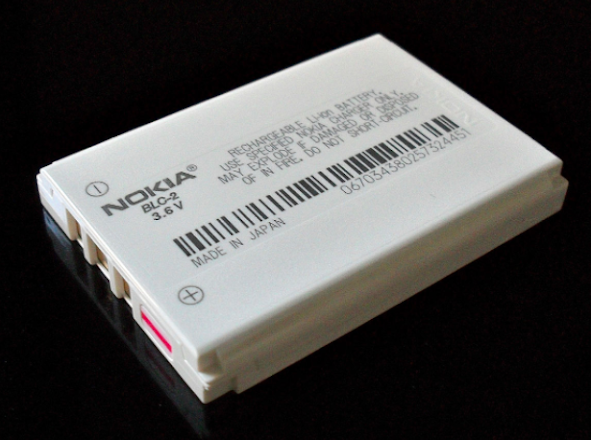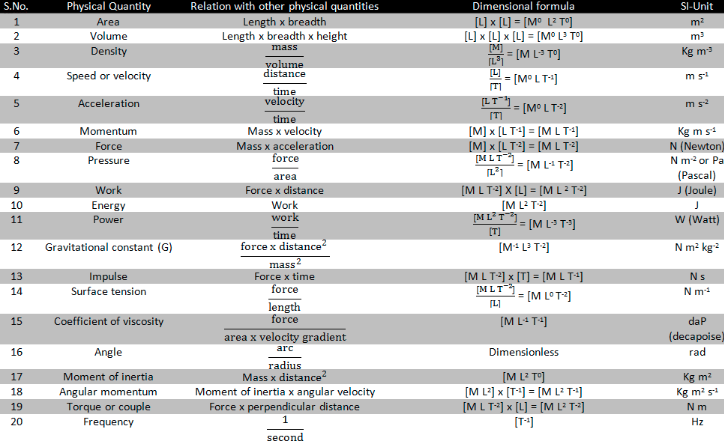Li-ion or Lithium-ion batteries have gradually become the pivotal means of storing energy for off-grid solar products. Lithium-ion batteries have been gaining momentum due to their low cost yet high efficiency, lack of effect on memory, high capacity and long lifecycle.
Li-ion is one of the ever-evolving technology that was first introduced in the 1990s and still now there is ongoing research to boost performance, enhance safety and extent its lifetime.
Li-ion batteries have several characteristics that are perfectly suited for best use in off-grid applications. These batteries usually have a long lifecycle and they don’t have a high rate of self-discharge and memory effect of NiMH and NiCD batteries.
The charging power of Li-ion batteries is extremely good and it sometimes even reached 99% for few Li-ion chemistries.
Lithium-ion battery and how it works
A lithium-ion or Li-ion battery is a part of the latest battery technology that utilizes lithium ions as one of the main fundamentals of its electrochemistry. When there is a discharge cycle, the lithium atoms present in the anode are ionized and in the process they are separated from the electrons.
In a li-ion battery, the lithium ions move from the anode and pass via the electrolyte till they reach the cathode. In the cathode, they again combine with electrons and neutralize electrically.
The lithium ions are pretty small to move via a micro-permeable separator between the cathode and the anode. Due to the small size of lithium, third to helium and hydrogen, they are able to hold a high voltage and charge storage per unit volume and unit mass.
Li-ion batteries can utilize various materials in the form of electrodes. However, the most used and common one is of graphite (anode) and lithium cobalt oxide (cathode). This combination is mostly found in portable electronic gadgets like laptops and cellphones.
Other materials of cathode can comprise of lithium iron phosphate or lithium manganese oxide. Li-ion batteries usually use ether as electrolyte.
Li-ion Batteries –What are the benefits?
As against other premium quality technologies of rechargeable battery, Lithium-Ion batteries usually have several advantages. Here are few of the benefits you should take note of.
- Li-ion batteries have high density of energy among any other battery technology at present (100-265 Wh/kg or 250-670 Wh/L).
- The cells of the Li-ion battery can deliver around 3.6 volts, which is thrice higher than technologies like Ni-MH or Ni-Cd. This also implies that they can deliver more amount of current for applications.
- Li-ion batteries are low maintenance batteries and they don’t need scheduled cycling for retaining the life of the battery.
- Li-ion batteries don’t have any memory effect which is a detrimental procedure constant charge/discharge cycle will lead to the battery to ‘remember’ a lower capacity. This is a huge benefit against Ni-Cd and Ni-MH battieres.
- Li-ion batteries have low self-discharge rate of 1.5-2% in a month. They don’t have toxic cadmium and this makes it easier for the batteries to dispose of rather than Ni-Cd batteries.
Thanks to all the above mentioned benefits that Li-ion batteries have replaced Ni-Cd batteries and taken the place of market leader in electronic gadget market.
Li-ion batteries are used to turn on electrical systems for aerospace applications like the Boeing 787 where one of the noteworthy cost factors is weight.
From the perspective of clean energy, the promise of Li-ion technology arises from possible applications in cars powered by battery.
Presently, if you take into account the best-selling electric cars, the Tesla Model S or the Nissan Leaf, you’ll find that both of these use Li-ion batteries as the main source of fuel.
Li-ion Batteries – Few Pitfalls
In spite of the technological claims, there are still few shortcomings, especially when safety is concerned.
- Li-ion batteries tend to overheat and may be damaged at high voltages.
- In few cases, this leads to combustion and thermal runaway.
- Due to such issues, shipping companies often hesitate to carry bulk shipments via flight.
- Li-ion batteries need safety mechanism to restrain internal pressure and voltage. This can often increase the weight of the batter and limit its performance.
- The cost of Li-ion batteries is 40% higher than Ni-Cd batteries.
Therefore, if you want to use the latest battery technology, go for Lithium-ion batteries as their advantages outnumber the disadvantages.







